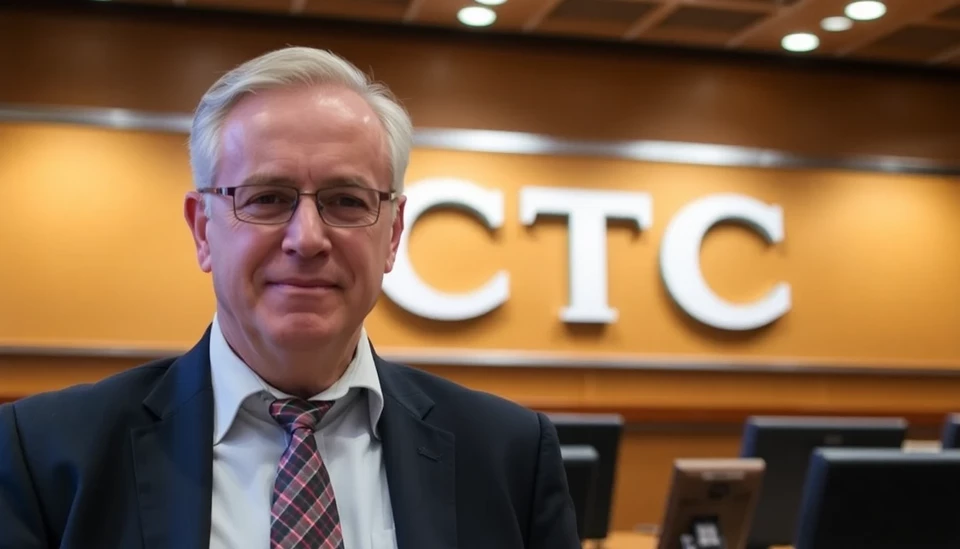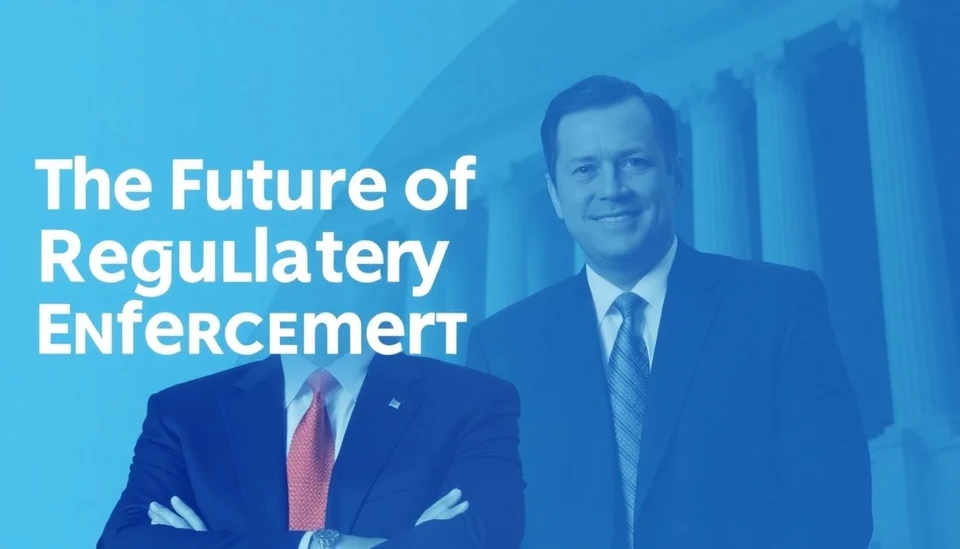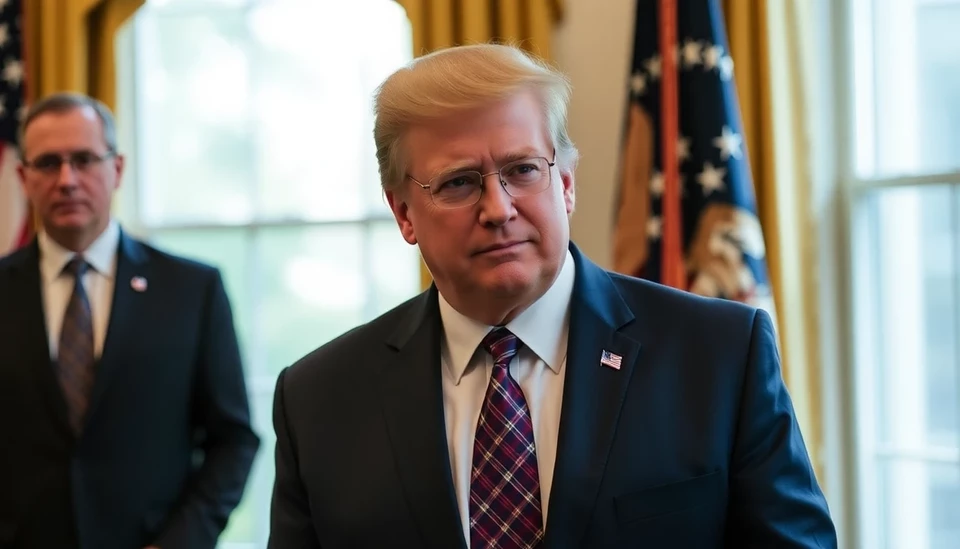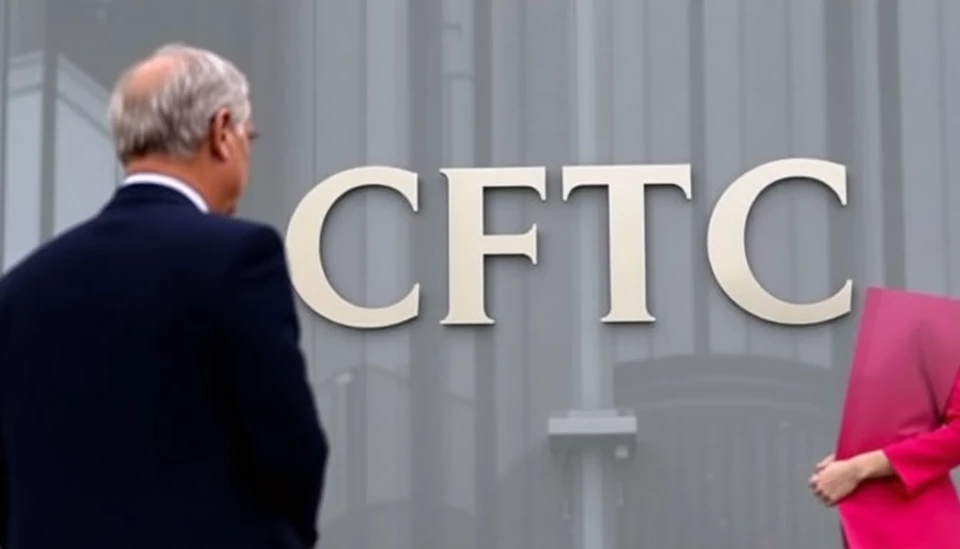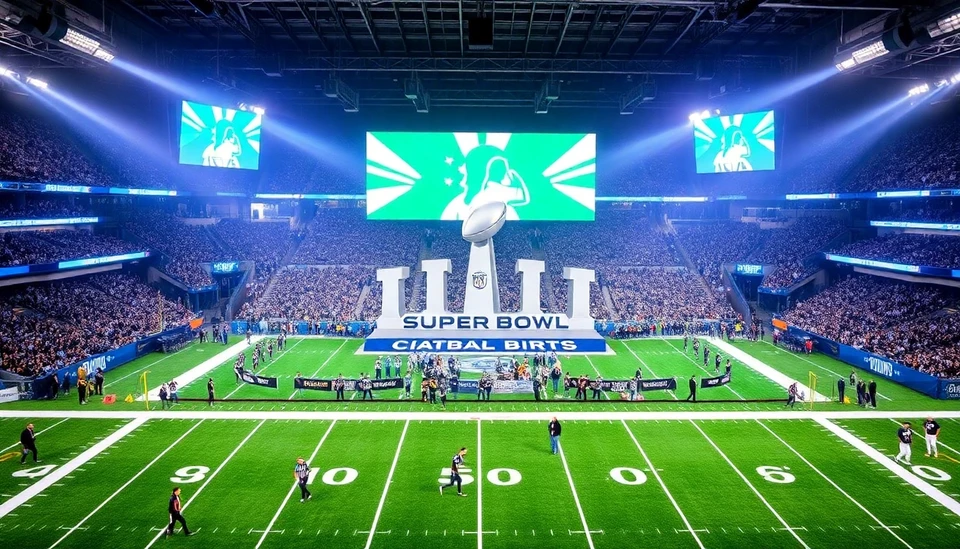
In a significant move affecting the gambling and trading landscape, the Commodity Futures Trading Commission (CFTC) has requested that Robinhood, the popular trading platform, discontinue its offering of sports event contracts related to the Super Bowl. This request comes amid growing concerns over the legality and ethical implications of allowing users to speculate on the outcomes of major sporting events.
The CFTC's intervention highlights the agency's regulatory responsibilities in overseeing derivatives trading in the United States. By targeting Robinhood’s unique sportsbook-like contracts, the CFTC is signaling a stringent approach towards platforms that blur the lines between traditional trading and gambling. The Super Bowl, one of the most-watched sporting events annually, serves as a high-stakes arena for such contracts, enticing users with the potential for significant financial gains.
Robinhood has become synonymous with democratizing finance, providing accessible trading options to a younger demographic. However, the inclusion of sports event contracts raises questions about the platform's role in facilitating speculative gambling. The company's response to the CFTC request remains to be seen, but they will need to navigate the regulatory landscape carefully to maintain their reputation and compliance with federal laws.
Critics argue that allowing users to trade on event outcomes could lead to irresponsible gambling behaviors, especially as young investors are already drawn to the thrill of trading. The CFTC's action could serve as a protective measure to ensure that platforms do not exploit vulnerable users, particularly in areas where gambling can lead to significant financial losses.
While Robinhood has not issued an official statement regarding the CFTC's request, the company is likely assessing the implications of halting its contracts related to the Super Bowl. This incident reflects a broader trend in the financial industry, where regulators are becoming increasingly vigilant over how technology and finance intersect, particularly in areas that promote high-risk trading.
As the Super Bowl approaches, the outcome of this regulatory scrutiny remains uncertain. The implications of the CFTC's request could have lasting effects not only on Robinhood but also on how other trading platforms approach event contracts in the future. Investors and users alike will be closely monitoring this situation as they navigate the complexities of trading and betting in a digitally-driven age.
In conclusion, the CFTC's call to halt Robinhood’s sports event contracts marks a pivotal moment in the regulation of online trading platforms, emphasizing the need for compliance and ethical considerations in an evolving market.
#CFTC #Robinhood #SuperBowl #SportsBetting #TradingRegulation
Author: Victoria Adams
